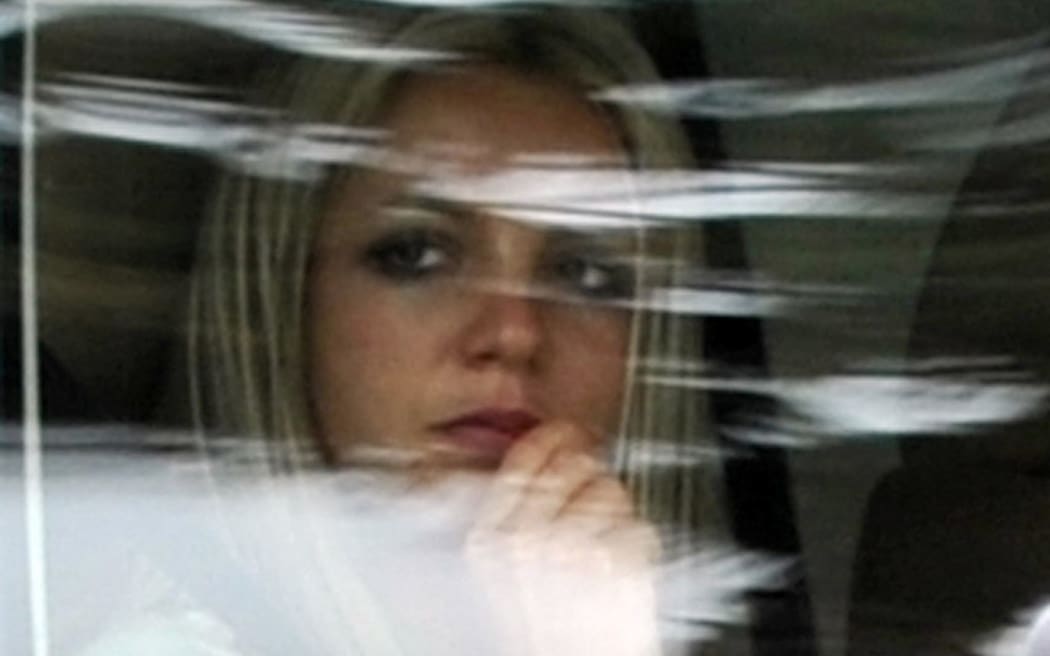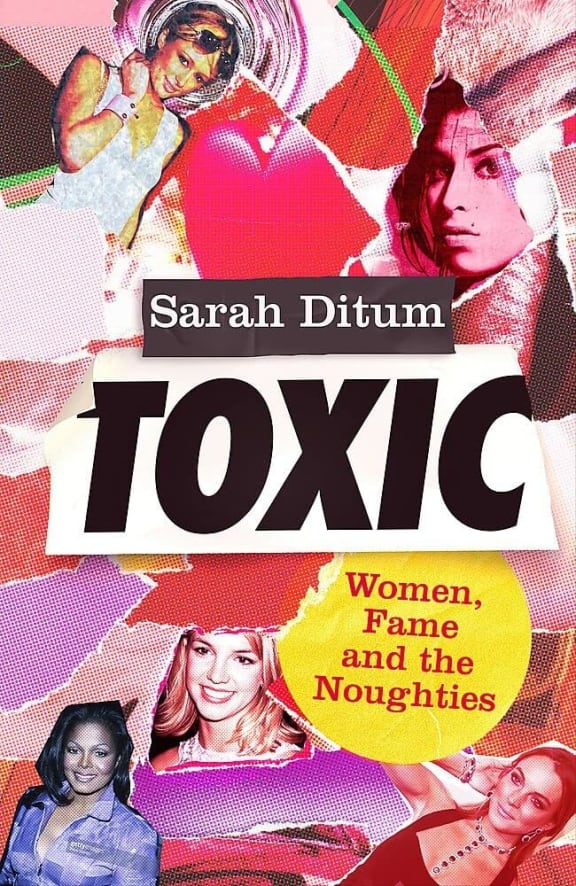On her 18th birthday, Harry Potter star Emma Watson watched in disbelief as out of control tabloid paparazzi got down on the pavement to take pictures up her dress.
When it came to women in the early 2000s, nothing was off limits says writer Sarah Ditum.
Her new book reflects on the way nine women, including Britney Spears and Lindsay Lohan, were subjected to systematic sexual harassment, assault and discrimination and how that treatment shaped the way women would see themselves for years to come.
Her book is called Toxic: Women, Fame and The Noughties.

Britney Spears Photo: GABRIEL BOUYS
The early 2000s were a perfect storm where an appetite for celebrity news and the wild west of the emerging internet collided, Ditum tells Jesse Mulligan.
“You bring that together this new technology that's emerging in the noughties, and also a kind of a sense of cultural anarchy in some way.
“It's a really strange period. And I think partly that's because a lot of people in the media, especially in the New York media, are emerging into quite a politically febrile moment.”
People at the time spoke about how after the terrorist attacks on New York and Washington in 9/11 it changed the way they wanted to treat celebrities.
“Piers Morgan, who was a tabloid editor in the UK around that time, gave interviews where he said well, 9/11 happened I decided that we couldn't let celebrities have it their own way anymore.
“That's your response to 9/11? But it really was, and I think it created this feeling that everything was in chaos, everything was up for grabs. So why should you not participate in the most sort of nihilistic and chaotic version of gossip culture that was available?”
Market forces at the time exacerbated the celebrity feeding frenzy, she says.
“Magazines experienced a massive drop off in circulation during this period because of competition from the internet, and the dropping in ad revenue as well because of competition from the internet.
“But tabloid celebrity magazines are a kind of a holdout from that. So, a lot of money goes into them. But simultaneously, because that's obviously a very attractive market, there's a lot of competition for that market online.
“So, you have a real Wild West atmosphere of the magazines, basically trying to outgun the blogs, and the blogs, trying to outgun each other perpetually in terms of who can get the dirtiest, nastiest stories as quickly as possible.”
There was also a feeling at the time that the internet was a place where you could say anything, and libel laws didn’t apply, she says.

Toxic book cover Photo: supplied
“It was only in 2012 that the UK had its first libel case brought on the basis of a tweet.”
This was all going on in a supposedly “post-feminist” era, she says.
“There was a sort of a widespread feeling that the most important battles had been won. And the best thing that women could do would to be to suck it up and enjoy the ride.”
Celebrity gossip blogger Perez Hilton was a key player in this era, she says.
“He's basically a stone-cold genius of gossip culture, in a way he sees the way the wind’s blowing really early.”
Hilton was working on mainstream celebrity magazines and blogging at night, she says.
“He creates this character for himself, Perez Hilton, who is kind of the worst, bitchiest gossip in the world, who says the meanest, nastiest things and in his mind when he talks about it now, I've interviewed him actually, he says, he felt like he was playing a character. And he didn't realise until later that that character had real world consequences, and the things that he was doing in character, he was really doing.”
Celebrities such as Taylor Swift now have much more, if not total, control over their image, she says.
“You can see a really stark dividing line in my book between people like Britney, Paris and Lindsey, who become famous, or who grow up before the internet is really a thing that they can take charge of their own image on. And someone like Kim Kardashian, who's the same age as those people, but who gets famous a bit later.
“So, she really breaks through into public consciousness around 2007-2008. And she actually has a MySpace page before she becomes famous, she is experienced in shaping her image and communicating with people directly.”
The balance of power has shifted back, she says.
“You're never going see Taylor Swift go on TV and give the kind of excruciating interviews that Britney was doing when she was basically apologising to America for the fact that she'd ever had sex.
“I mean, what a humiliating, cruel thing to put someone through. As a journalist, I'm a bit sad that people don't give open interviews that often anymore, but from the perspective of celebrities, oh my goodness, of course, you should protect yourself at all costs.”

